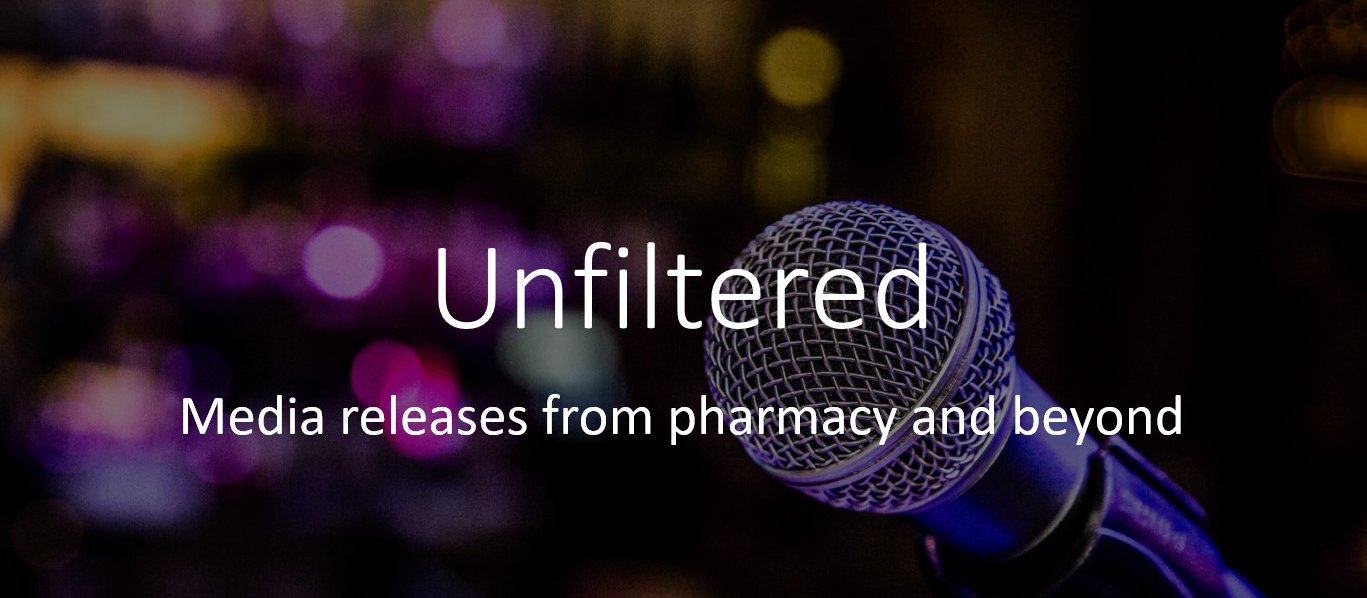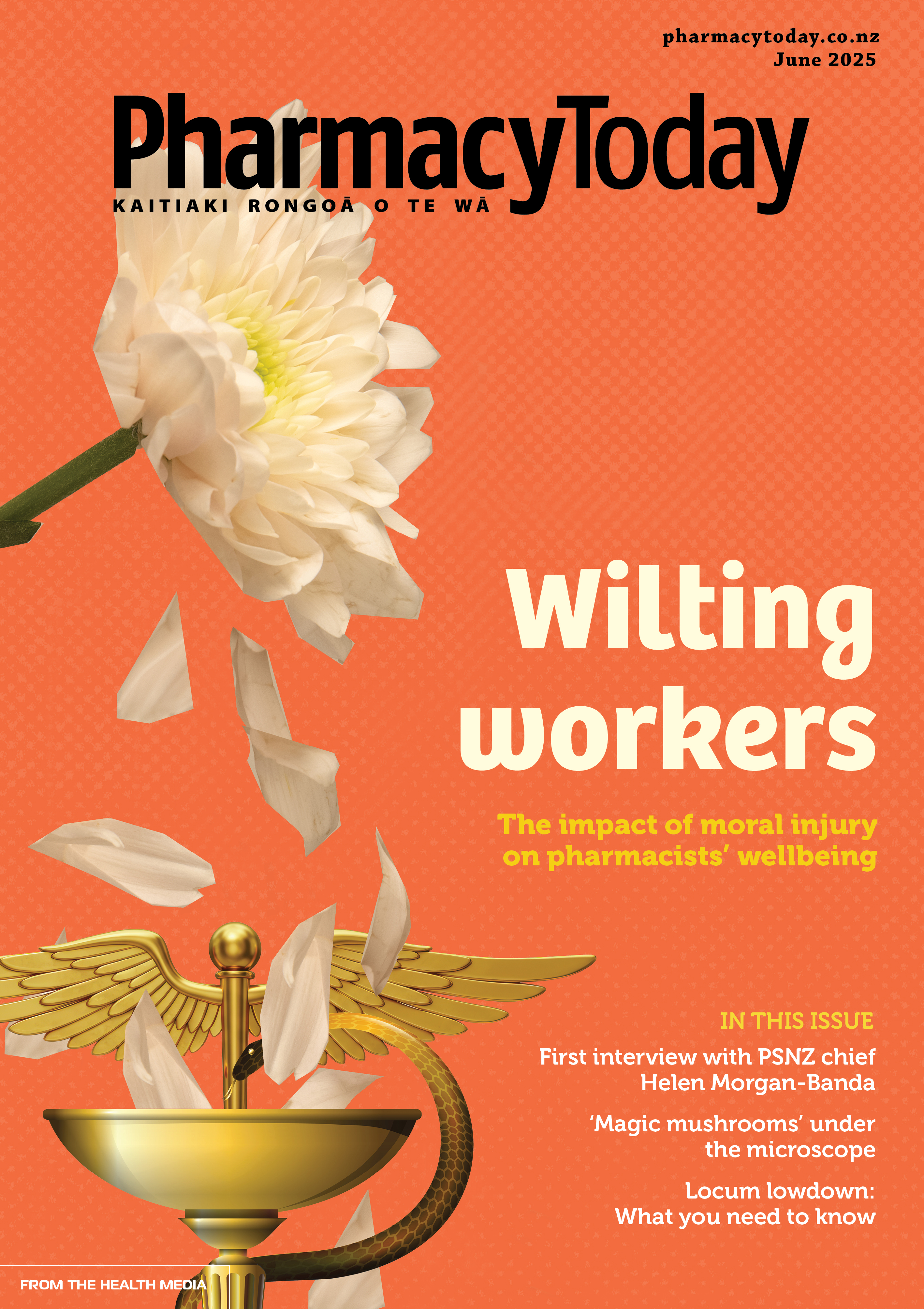Academic pharmacist Nataly Martini discusses the medical management of asthma in adults and adolescents, which has evolved to prioritise early anti-inflammatory treatment. She also explains how to improve patient outcomes by proactively identifying poor asthma control and supporting equitable access to education and treatment
Counselling in schools silver bullet for mental health
Counselling in schools silver bullet for mental health

The silver bullet to arresting poor youth mental health, attendance records, and achievement levels might be ring-fenced funding for school-based counsellors, says the NZ Association of Counsellors (NZAC).
The Education Review Office (ERO) conducted a three-phase evaluation of the Counselling in Schools initiative over its four years of operation, revealing many benefits for students, teachers and the wider classroom.
The pilot initiative, funded through Budget 2020 to increase mental health support in primary and intermediate schools, found that 80% of students’ mental health improved after counselling.
NZAC President Sarah Maindonald says the results aren’t a surprise. Research into the effectiveness of counselling, co-funded by the Association and the Ministry of Education in 2020, says the same thing.
What will be interesting to see, Maindonald says, is whether the Government believes this continually proven point is enough to make a serious change in youth mental health.
“This is an important body of research that proves what we’ve been advocating for years; funding counsellors on school grounds, within their community, provides greater and more equitable access to mental health services.
“Even better, ERO’s research shows the positive follow-on effects of counselling in students’ attendance and achievement and improves the wider classroom’s overall engagement.
“The Ministers of Education, Mental Health, and Finance shouldn’t just take note of this research but use it as a shining example to expand the programme, ensuring every school across the motu has a counsellor-to-student ratio of 1:400.”
While 70% of counsellors did not have a counselling qualification, albeit most were supervised by a qualified counsellor, Maindonald says a fully funded programme with professional, qualified, and registered counsellors would have greater benefits for students.
“Now is the time to invest in our children’s futures; if the Government committed to the long-term funding of qualified counsellors on school grounds, this programme and its results would be the envy of the world.”
Students reported improvements in how they feel about themselves (96%), understanding their feelings (94%), managing their feelings (93%), and getting along with others (85%).
Almost all students reported sustained improvements in their mental health three months or more after counselling.
Eight in ten teachers reported sustained impacts on students' mental health six months after counselling, and nearly all parents and whānau see improvements in their child’s mental health, with three in four reporting sustained improvements.





